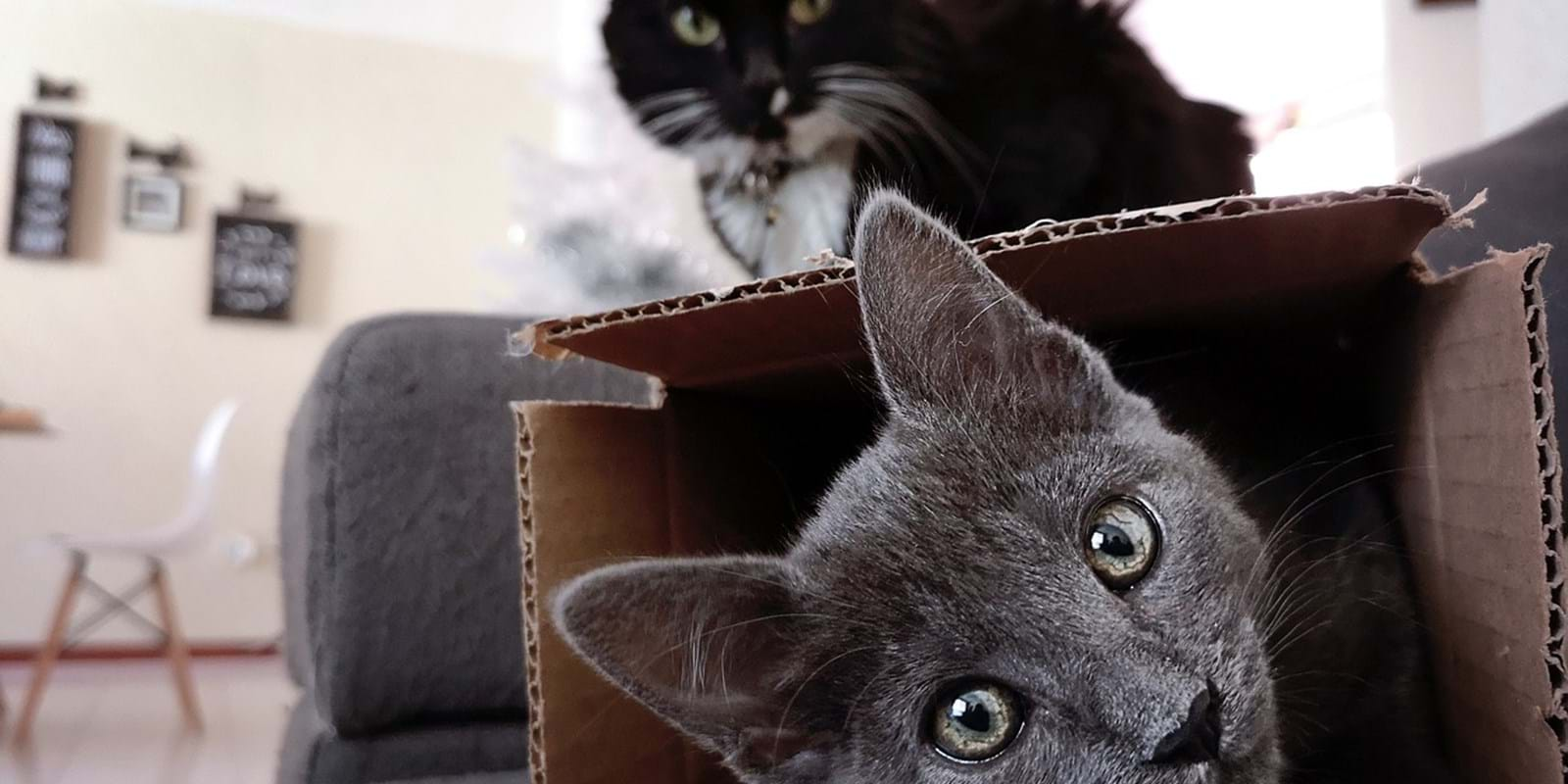This is a standard case that began as a file to ensure lease clauses banning pets were enforced.
But the file became high-profile after the Canadian Society for the Prevention of Cruelty to Animals joined as an interested party.
They see an opportunity to challenge this clause and create case law affecting leases in Quebec.
According to their press release published on June 7, 2023, titled "The Montreal SPCA will challenge pet bans in housing before the courts," they will argue, among other things, that the clause:
• contradicts the new status of animals as "sentient beings" recognized in the Civil Code of Québec in 2015, because it forces the tenant to get rid of their animals, a dog and a cat, as if they were ordinary movable property, whereas they are sentient beings to whom they has deep emotional attachment and responsibilities;
• infringes the right to privacy protected by section 5 of the Charter of Human Rights and Freedoms, which protects the right to make fundamentally personal and private decisions free from undue external influence. The choice to live with a companion animal, often regarded as a full member of the family, is an inherently personal decision that must be protected;
• is abusive and unreasonable, particularly in a time of affordable housing scarcity, a situation that severely undermines the balance of power between landlords and tenants. Requiring a tenant to part with her companion animals, members of their family, in order to keep their home is disproportionate to the hypothetical harm the owner or neighbours might suffer, which the clause presumably seeks to prevent.
For the Association des Propriétaires du Québec (APQ), preserving the balance between tenants’ requests and landlords’ responsibilities is essential.
The APQ defends the principle that a landlord should be able to choose whether a dwelling is rented with or without a pet ban. Challenging this clause without offering support to landlords weakens their ability to properly manage and maintain their buildings.
Animals can cause:
• material damage (scratches, odors, stains, etc.);
• noise nuisances (barking, agitation);
• hygiene problems in common areas;
• allergic reactions in other occupants.
In multi-unit residential buildings, these impacts can affect multiple tenants, and it is often the landlord who must manage complaints and repairs.
The landlord is responsible for the quality of life in the building. By retaining the right to prohibit animals, they can:
• reduce the risk of conflicts between tenants;
• preserve the value and condition of the dwelling;
• avoid costly disputes or proceedings before the Tribunal administratif du logement.
The APQ will never question people’s attachment to their animals. It stresses instead that when problems arise, such as an animal destroying a unit or a dog barking all day, landlords receive little support. Their only recourse is to file an application with the Tribunal administratif du logement (TAL) and wait months for the case to be heard.
The APQ advocates that landlords should continue to be free to set the rental conditions for their properties, while respecting the law and tenants’ rights.
If such a prohibition were to become invalid, landlords should be allowed to take a security deposit to prevent damage and the TAL should accelerate nuisance cases.
Finally, it must be remembered that the problem is not the animal but the owner who fails to follow proper practices with their pet.
Join now
Not already member of the APQ ?
Take advantage of all our services by joining now

